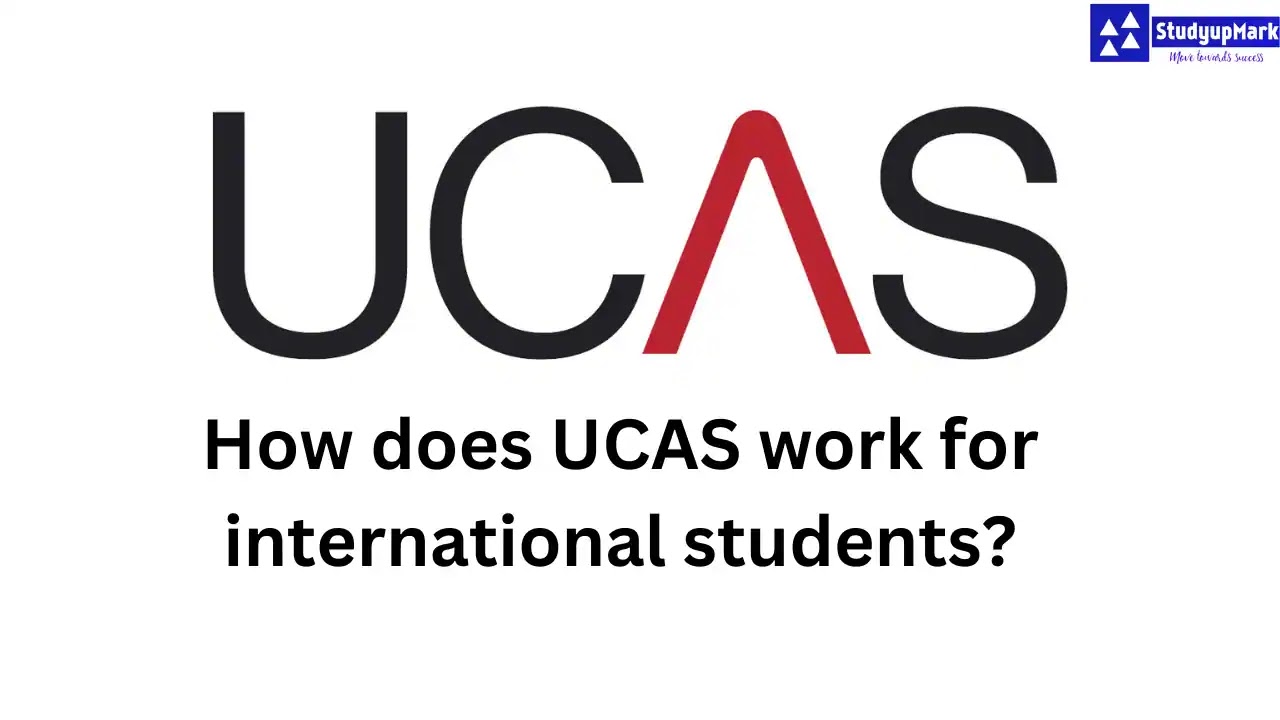How does UCAS work for international students?
UCAS stands for the "Universities and Colleges Admissions Service." It is the central organization responsible for managing applications to universities and colleges in the United Kingdom. UCAS facilitates the application process for higher education institutions across the UK, including undergraduate degree programs. Through the UCAS system, prospective students can apply to multiple universities and colleges using a single application. UCAS processes and forwards applications to the respective institutions, which then make admission decisions based on the information provided in the application, academic qualifications, personal statements, and sometimes interviews or additional assessments. UCAS also provides various resources and information to help students make informed choices about their higher education options, including information about courses, entry requirements, and deadlines. It plays a crucial role in the application and admissions process for students seeking to pursue further education in the UK.
Why are UCAS points are important for students:
UCAS points, also known as UCAS Tariff points, are a system used in the United Kingdom to assign a numerical value to different qualifications and courses taken by students. These points are used by universities and colleges as a way to assess and compare the qualifications of applicants for admission to undergraduate degree programs. The UCAS Tariff points system provides a standardized way to quantify a wide range of qualifications, such as A-levels (Advanced Level qualifications), BTEC diplomas, International Baccalaureate (IB) qualifications, and more. Each qualification and grade is assigned a specific point value, and these points are then used by institutions to set entry requirements for their courses.
A level UCAS points
The UCAS Tariff points system assigns points to different qualifications, including A-levels (Advanced Level qualifications), based on the grades achieved. Here is an example of the UCAS Tariff points for A-level grades:
A* grade: 56 pointsA grade: 48 points
B grade: 40 points
C grade: 32 points
D grade: 24 points
E grade: 16 points
The UCAS Tariff points for A-level grades are used by universities and colleges in the UK to set entry requirements for their courses. For example, a university might require applicants to have a certain number of UCAS Tariff points to be eligible for a particular degree program.
AS UCAS Points 2023 for new applicants:
the UCAS Tariff points system used to assign points to AS-level grades as well. However, it's important to note that the use of AS-levels within the UCAS Tariff points system has been subject to changes and developments over time. Here is an example of the UCAS Tariff points for AS-level grades:
A grade: 20 pointsB grade: 16 points
C grade: 12 points
D grade: 10 points
E grade: 6 points
It's important to keep in mind that the use of AS-levels and their associated UCAS Tariff points may vary depending on the university or college and their specific admissions policies. Additionally, there have been discussions and changes in recent years regarding the role of AS-levels in the UCAS Tariff points system and in university admissions decisions.
How we can apply application through UCAS
To apply for university or college courses in the United Kingdom through UCAS (Universities and Colleges Admissions Service), follow these general steps:
Research and Choose Courses:Register on UCAS:
Fill Out Application:
Course Choices:
References:
Personal Statement:
Submit and Pay:
Track Application:
Receive Offers:
Reply to Offers:
Results and Confirmation:
Start Your Course:
Conclusion:
Remember that specific details, deadlines, and procedures may vary depending on the academic year and the individual institutions. Always check the UCAS website and the websites of the universities/colleges you're applying to for the most up-to-date and accurate information.






0 Comments